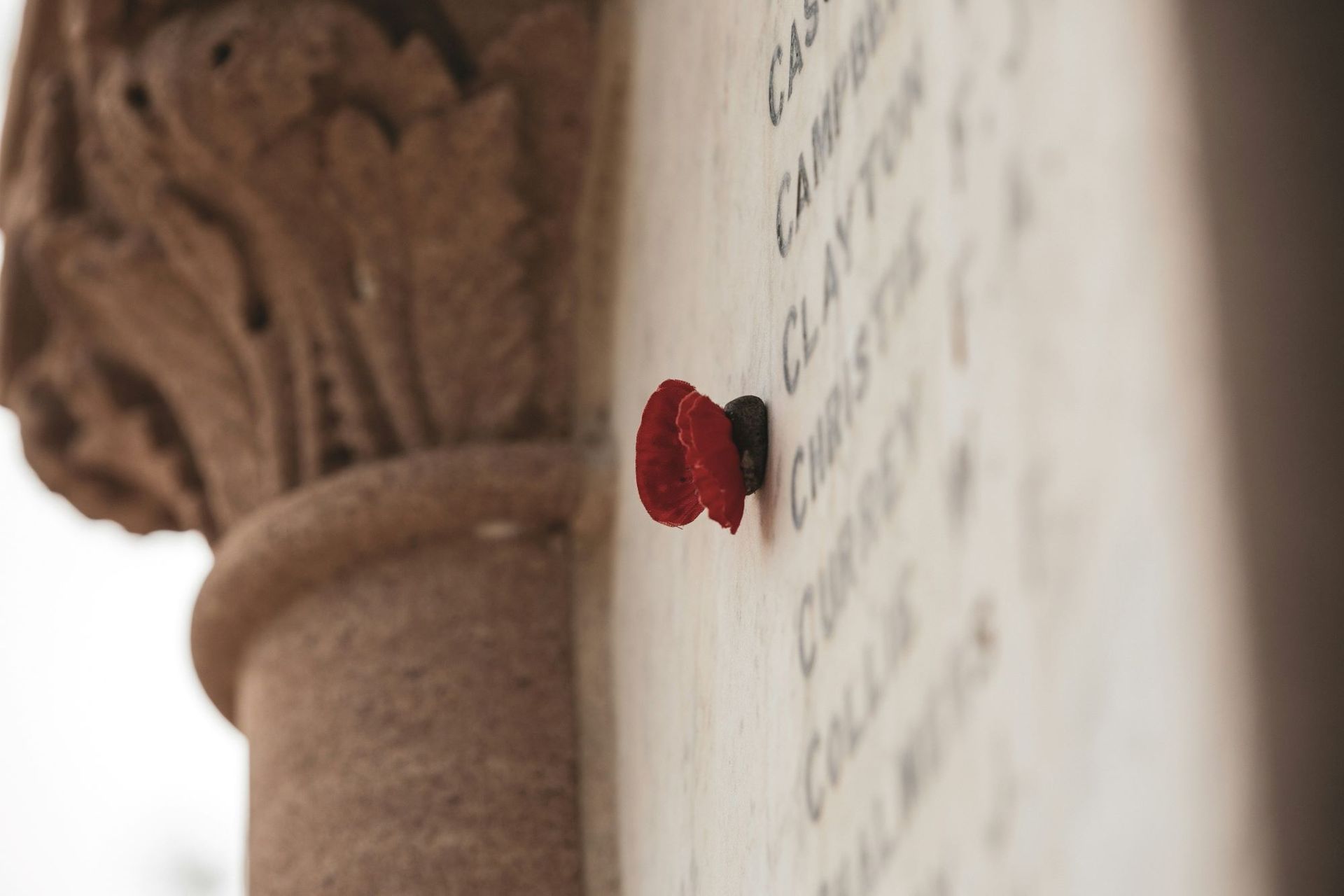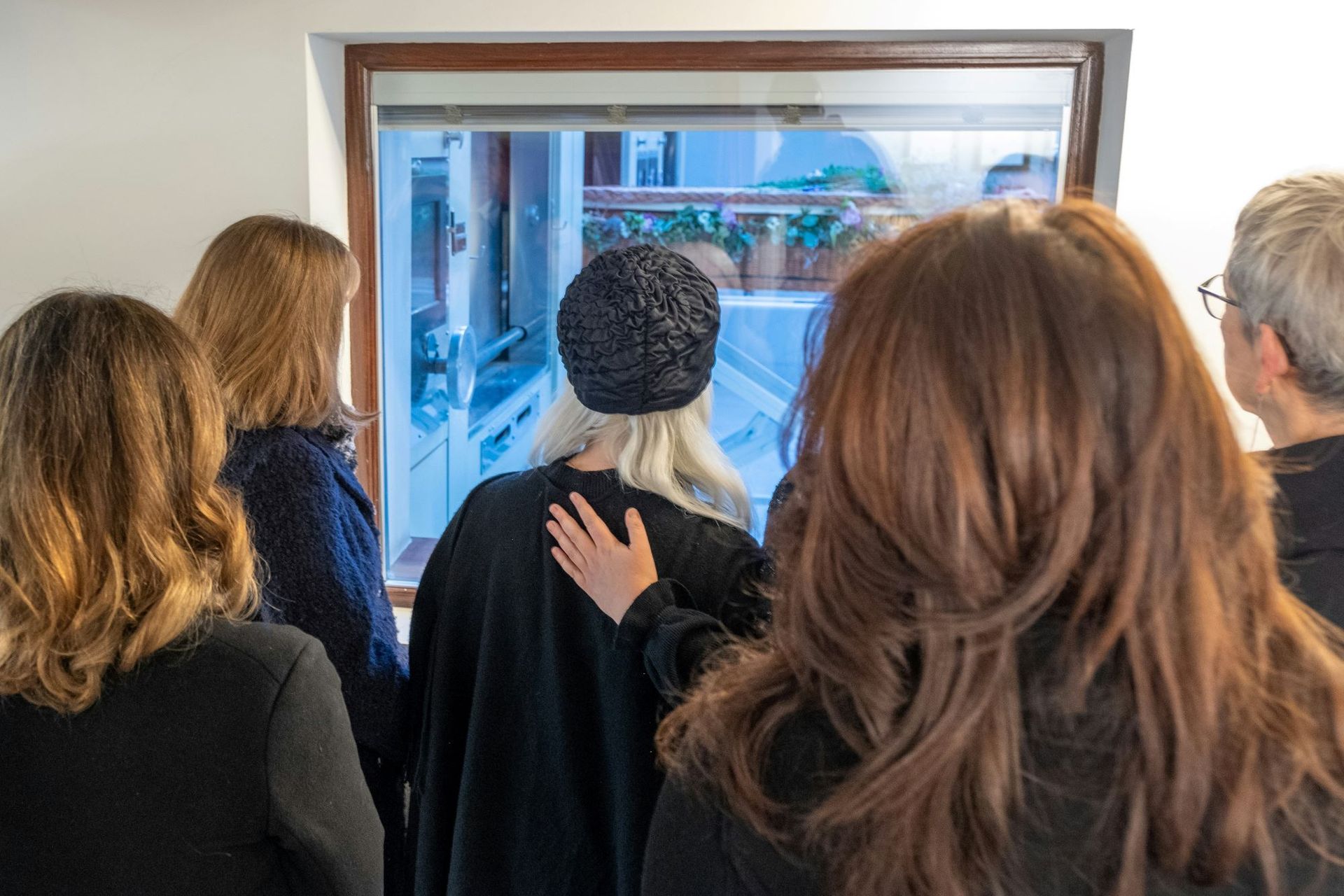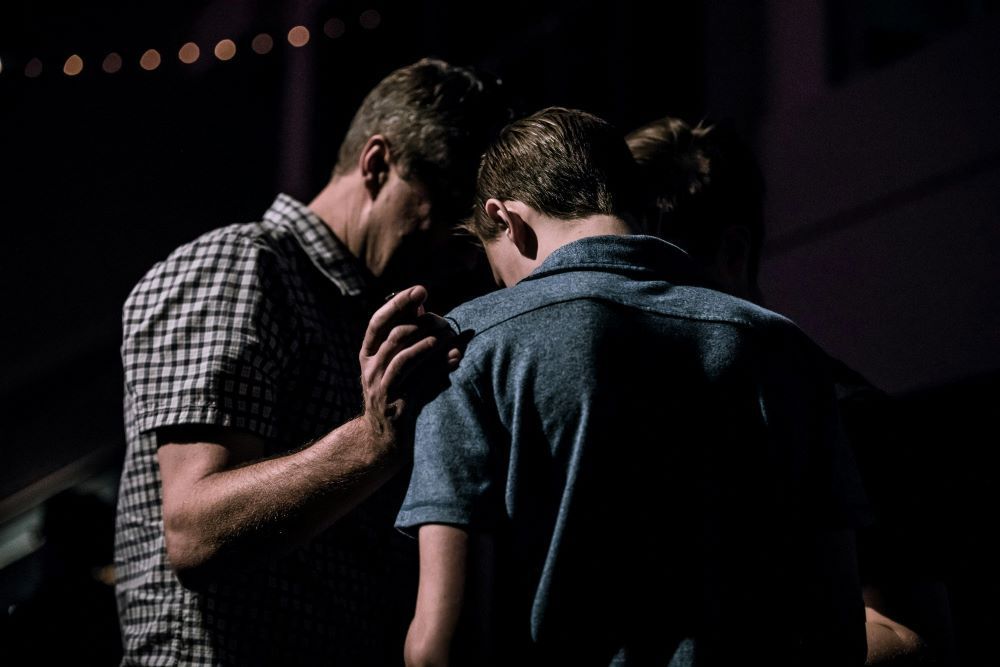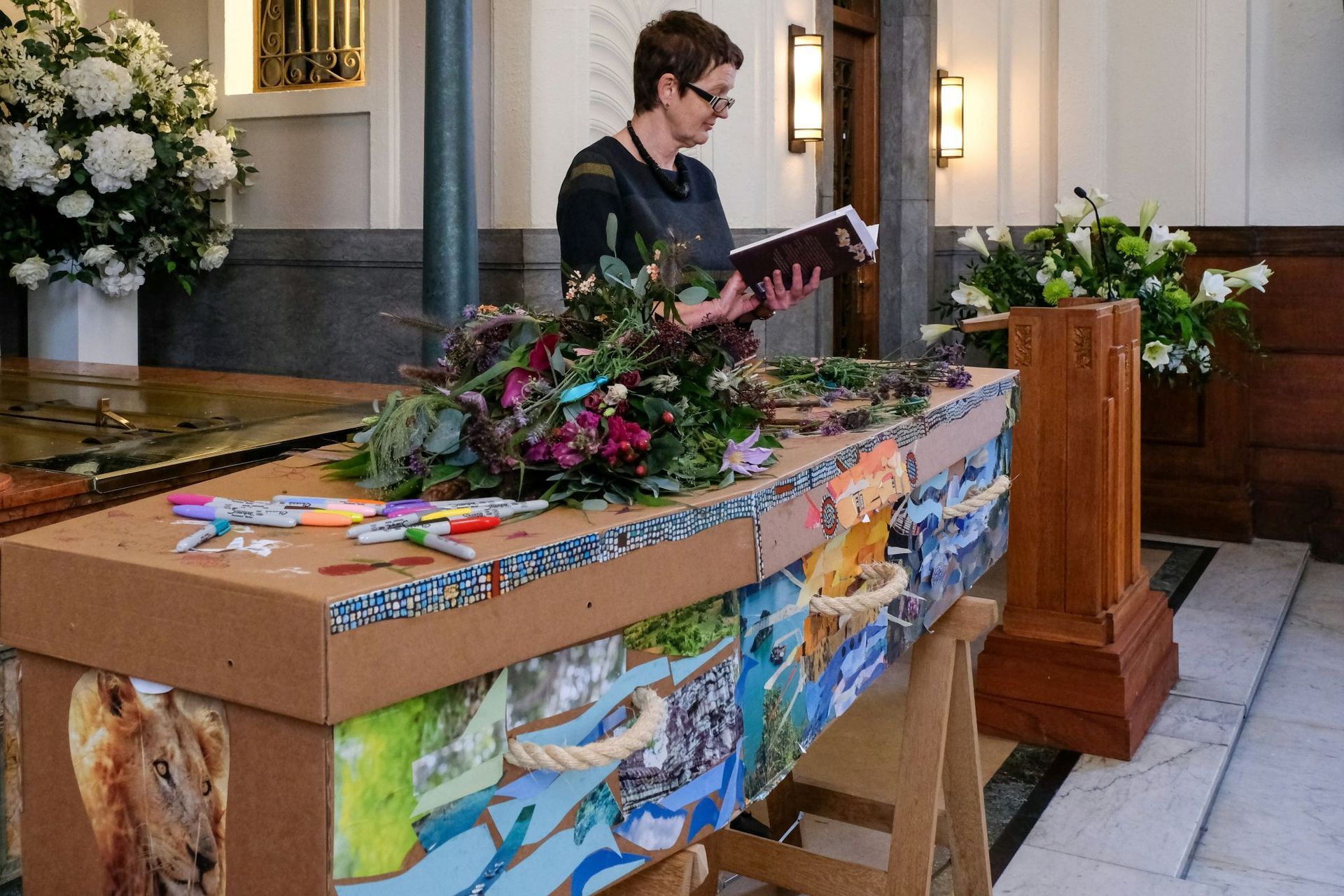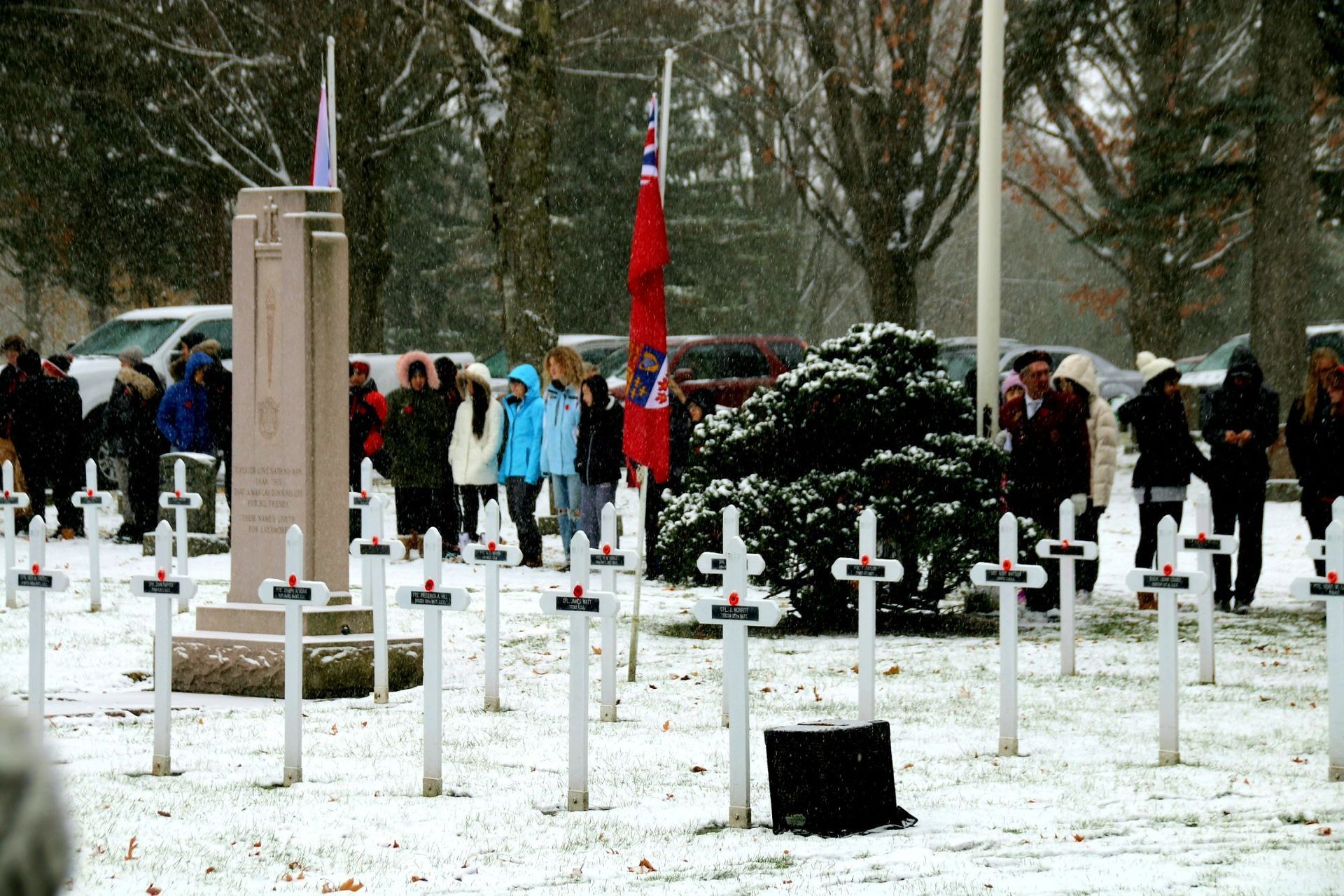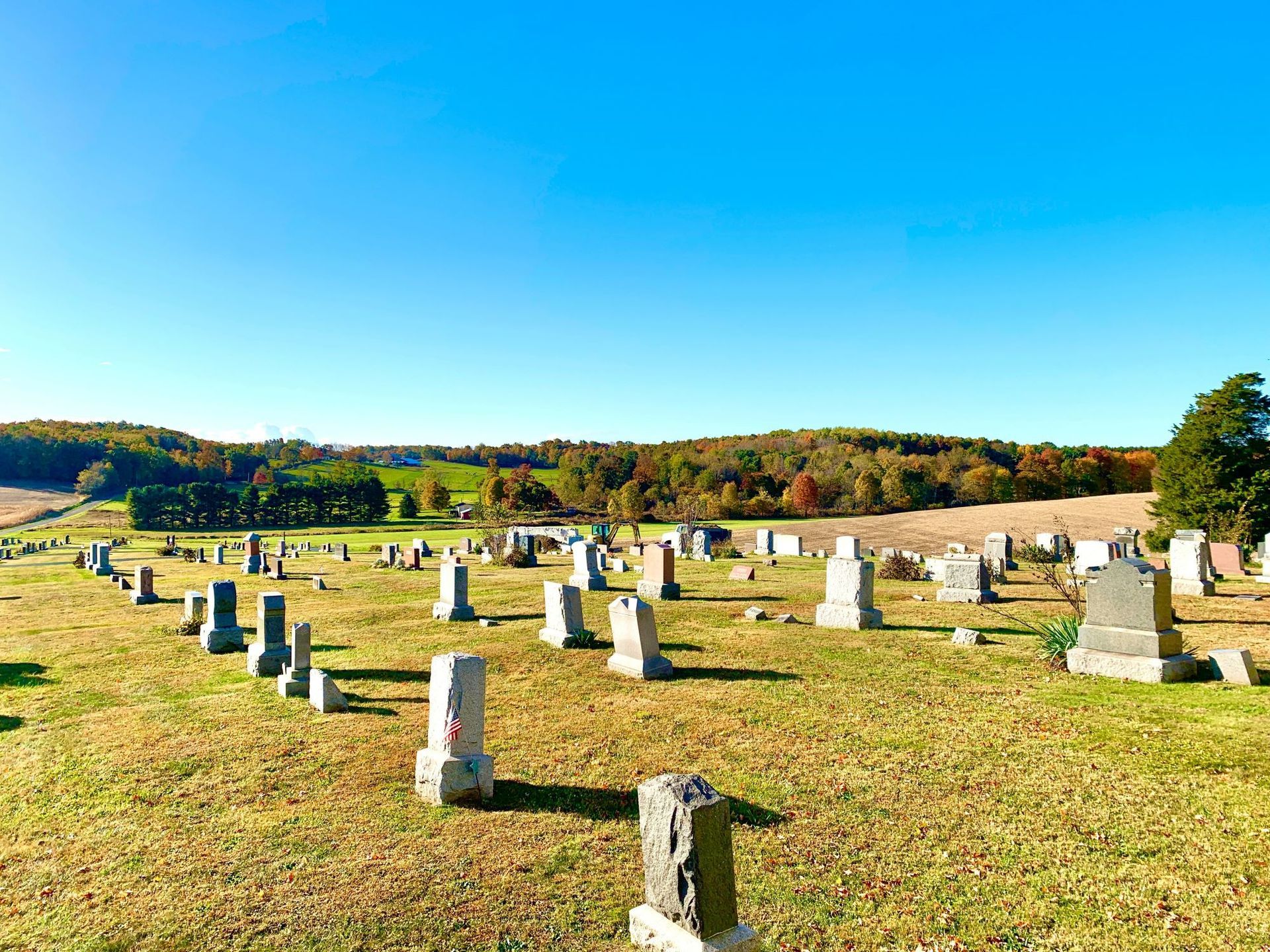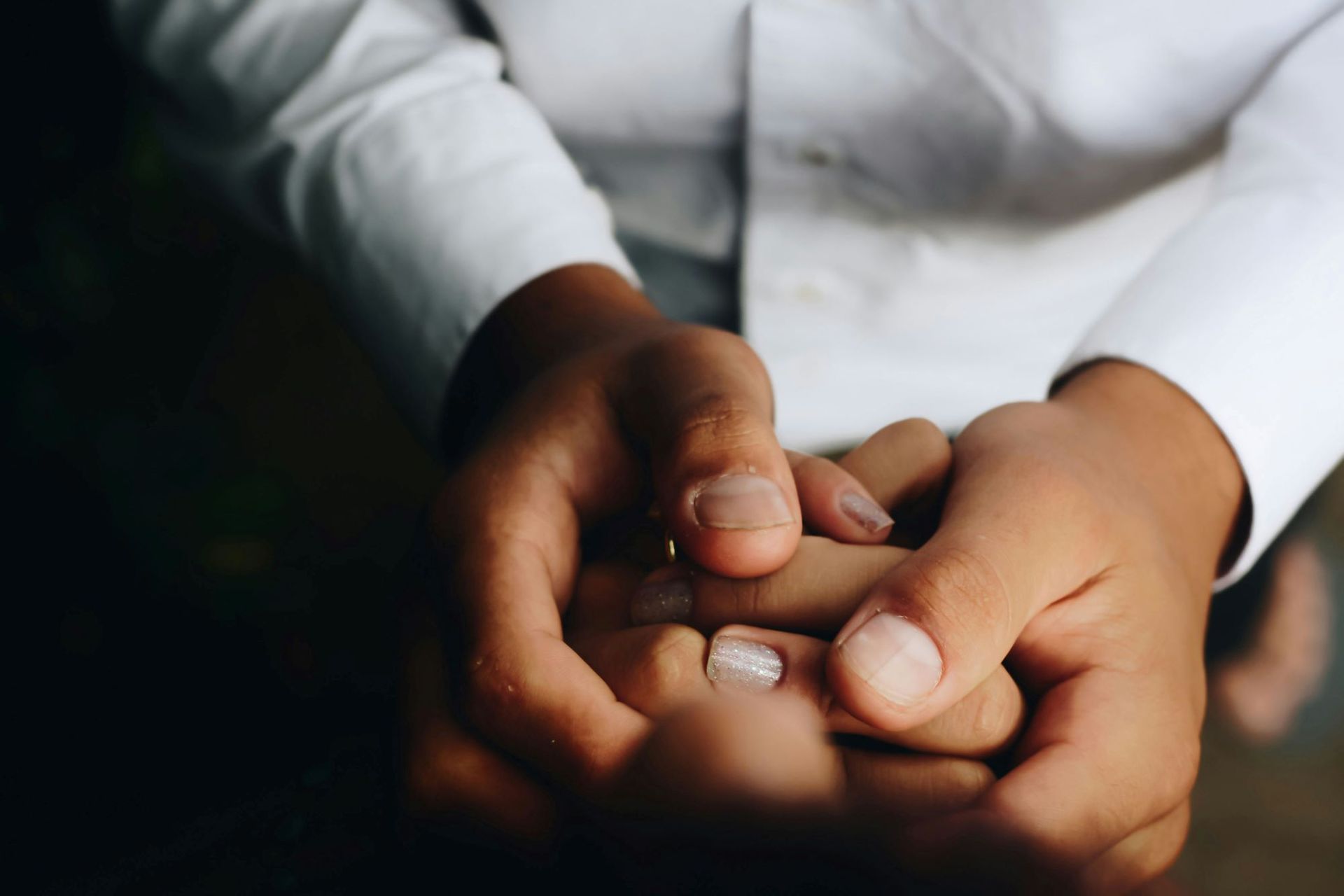Cremation Rituals Around the Globe
Discover how cremation rituals vary globally. Learn how Memorial Funeral Home respectfully embraces these diverse practices. Contact us at (956) 380-1416.
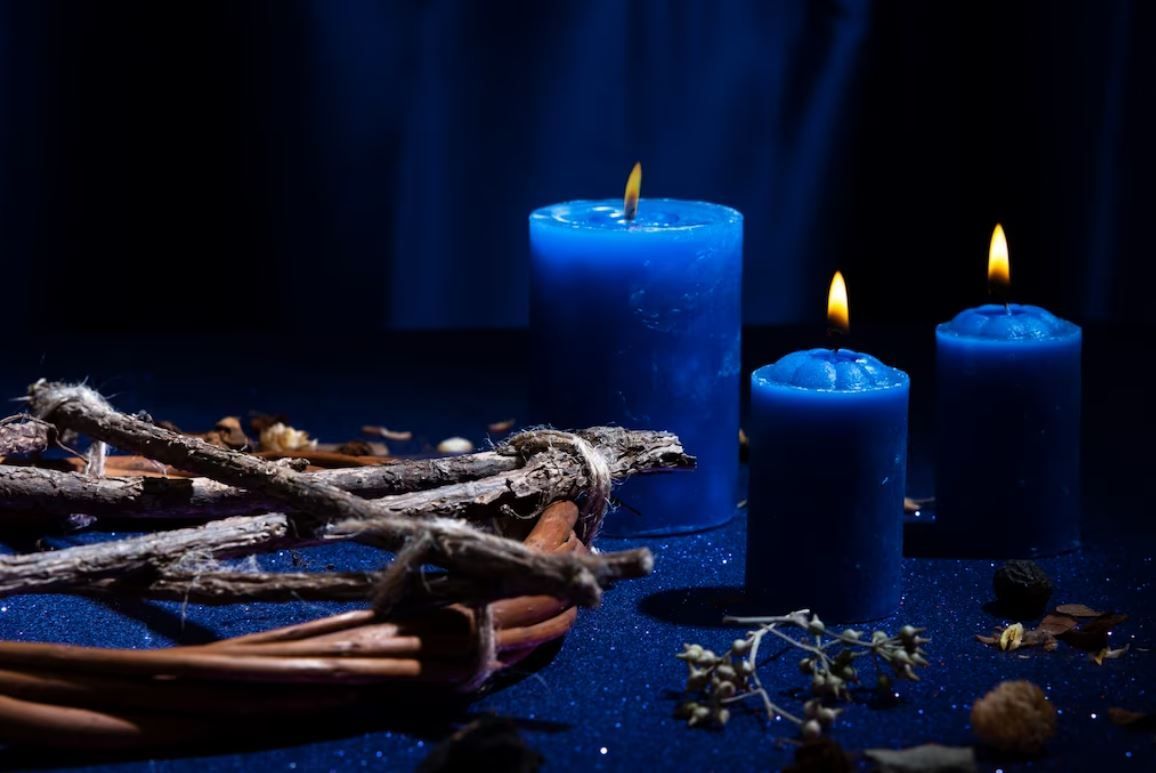
Cremation Rituals in Hinduism: The Sacred Fire
The act of cremation holds a pivotal role in Hinduism, one of the world's oldest religions. To Hindus, cremation is more than just a method of disposition; it's a critical ritual in the spiritual progression of the soul. Fire, regarded as a purifier and a transformative force, aids in freeing the spirit from the physical body.
The cremation ceremony, known as Antyesti or the "last sacrifice," is characterized by a sacred fire, the recitation of hymns, and prayers to guide the departed soul towards its next journey. This rite reflects the Hindu belief in the soul's immortality and the cycle of death, rebirth, and reincarnation.
Buddhist Cremation Practices: A Reminder of Impermanence
Buddhist cultures, particularly in Japan and Thailand, also have a rich tradition of cremation. In these cultures, the cremation process symbolizes the Buddhist teaching of impermanence — the idea that life is continuously changing and nothing is permanent.
After cremation, the ashes of the departed are often kept in a family altar or a temple, serving as a tangible reminder of this impermanence and the continuous cycle of death and rebirth. Some families also choose to scatter the ashes in a place that held special meaning to their loved one, further honoring their memory.
Cremation in the Balinese Ngaben Ceremony: A Grand Farewell
On the picturesque Indonesian island of Bali, the Ngaben, or cremation ceremony, is an extravagant and colorful event. It's more than just a farewell; it's a spiritual event that signifies the return of the soul to the universal spirit, freeing it to undergo reincarnation.
During the Ngaben, the body of the deceased is placed in an ornate and often large structure, which is then set alight. This grand and communal ceremony reflects the Balinese belief in maintaining a harmonious relationship between the living and the dead.
Modern Cremation Services: Respect and Personalization
In contrast to these ancient rituals, modern Western cremation practices are often less ceremonial but are no less respectful or meaningful. A service may include readings, a eulogy, music, and sometimes the scattering of ashes in a place significant to the deceased.
Increasingly, these services are becoming more personalized, reflecting the unique life and preferences of the departed. This personalization can provide a sense of comfort and closure to the bereaved, making the service a fitting tribute to their loved one.
Conclusion
Understanding the diverse cremation practices worldwide enriches our perspective on this end-of-life choice and helps to foster a sense of global unity in the face of mortality. We take this global awareness to heart, providing cremation services that are mindful, inclusive, and respectful of these diverse cultural traditions. Whether a family opts for a ceremony steeped in ancient rites or a simple, modern service, honoring their loved ones' final journey is a sacred responsibility that transcends borders and cultures. It's a process that requires empathy, understanding, and a willingness to accommodate the unique needs and beliefs of each family. At Memorial Funeral Home,
we strive to uphold this responsibility with compassion
, offering tailored
cremation services
in Alamo, TX that respect and honor these global traditions, while providing solace and comfort to the bereaved in their time of need.

